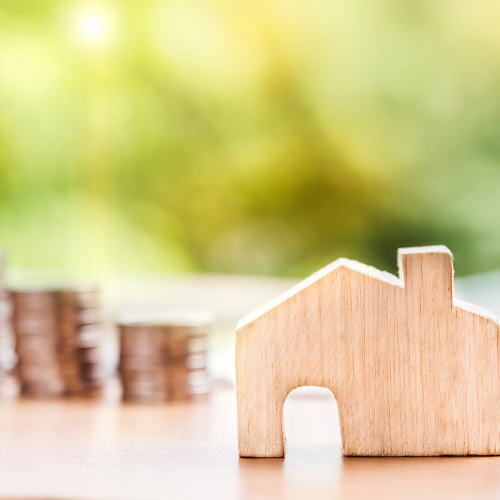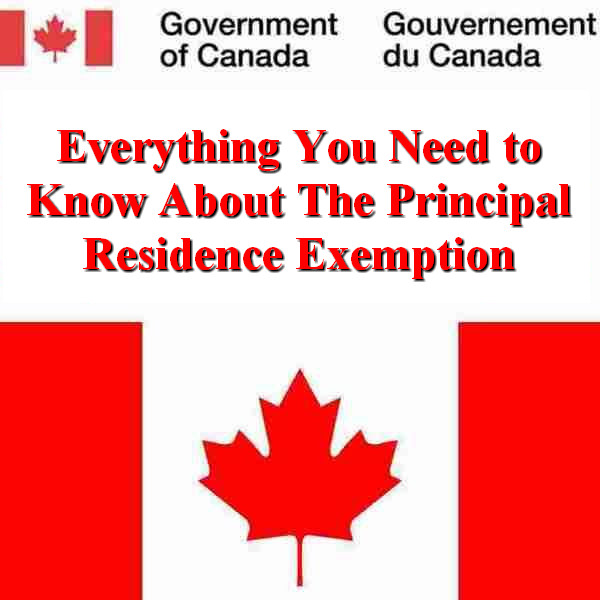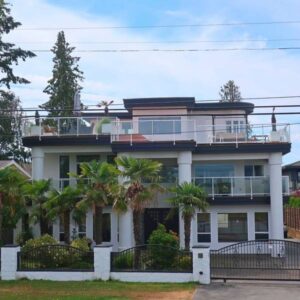One of the biggest tax-free investment you can get in Canada is your own home. The principal residence exemption (PRE) allows you to shelter your capital gains from the sale of your home from tax. Without this exemption, 50% of it will be taxable. And as you will see below, sometimes 100% of it can be taxable!
Because of tax law changes, everyone now has to report the sale of their real properties regardless of whether it is your principal residence or not. It should be filed in the tax year that it was sold. That is, if you sold it in 2021, then it should be reported on your 2021 tax return. If you forget, Canada Revenue Agency (CRA) will accept a late designation but there may be a penalty.
In the last few years CRA has been cracking down on inappropriate principal residence exemption claims. CRA has been sending out letters to taxpayers who might have claimed PRE in error. There are two specific situations they are focusing on. One is when the taxpayer has claimed PRE for two consecutive years in a row. And the second is when the taxpayer who claimed the PRE and had previously reported gross rental income on their return. The letter asks the taxpayer to review their return to ensure that you accurately reported your real property dispositions and that you were eligible to claim the PRE. It also mentions that CRA will follow up.
So when can you claim the PRE? A family unit can only have one principal residence at a time and this designation is made each year. This means that you cannot live in a rental property for a year just to claim a PRE that will exempt all the capital gains from tax. Only the appreciation during the year that you lived there as the principal residence is subject to the exemption. That is, the exemption is adjusted for based on the proportion of years that you used it as a principal residence.
The property must be owned or co-owned by the person claiming the exemption.
The owner, the current or former spouse or their child must ordinarily live there.
And the main purpose of the property is not to earn income.
If the property is a rental property, then the profits from the sale of this property will be considered capital gains and 50% of it will be taxable. If this amount exceeds $227,000, then every extra dollar of capital gains will be taxed at the maximum marginal tax rate which is 53.5%.
If the plan is to fix up the property quickly and flip it for a profit, then even though you lived in the property as your principal residence you may not be entitled to the PRE. In fact, the profit may not even be considered capital gains. It may be considered income and be fully taxable at the time of sale.
If part of the property was used as a rental, then it gets more complicated. Generally, there is no change to your eligibility to claim your PRE if the following criteria are met:
The main use of the property is as a residence and the income producing portion is secondary.
There is no structural change to the property.
And no capital cost allowance was claimed on the property.
To clarify, if you made permanent changes to your property to accommodate a rental suite, then it is possible that the portion of the property used as a rental suite will not qualify for the PRE. I am not an accountant. If your situation is not clear cut, I advise you to consult your accountant to confirm whether you get to claim the full PRE.





Your comment is awaiting moderation.
Ce modèle Jumbo arbore un boîtier en acier inoxydable ultra-mince (8,1 mm d’épaisseur), équipé du calibre automatique 7121 offrant une autonomie étendue.
Le cadran « Bleu Nuit Nuage 50 » présente un guillochage fin associé à des chiffres luminescents et des aiguilles Royal Oak.
Une glace saphir anti-reflets garantit une lisibilité optimale.
royal oak 14790
Outre l’heure traditionnelle, la montre intègre une indication pratique du jour. Étanche à 5 ATM, elle résiste aux éclaboussures et plongées légères.
Le bracelet intégré en acier et la lunette octogonale reprennent les codes du design signé Gérald Genta (1972). Un boucle personnalisée assure un maintien parfait.
Appartenant à la collection Extra-Plat, ce garde-temps allie innovation technique et élégance discrète, avec un prix estimé à ~70 000 €.